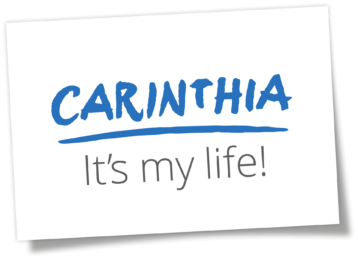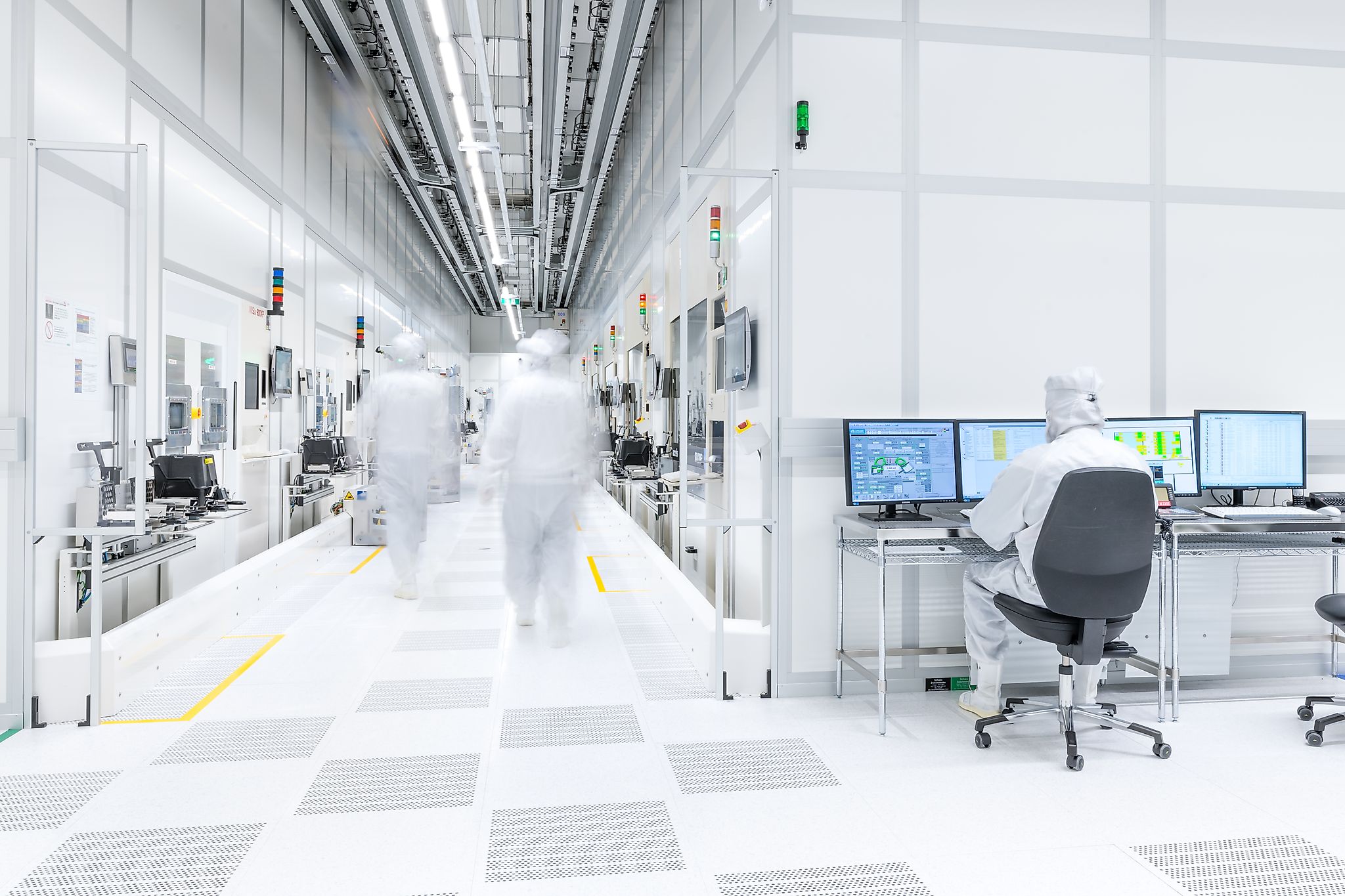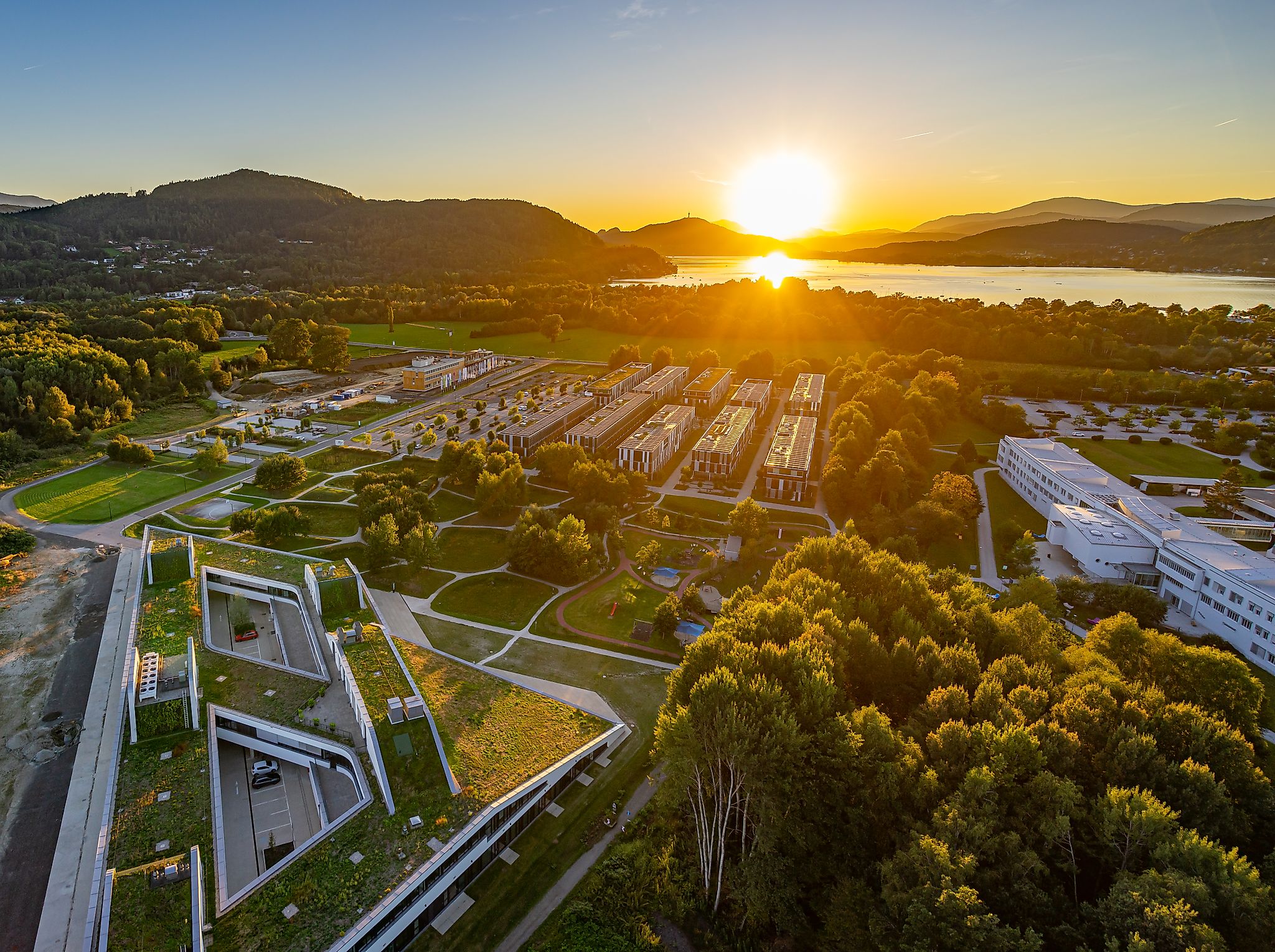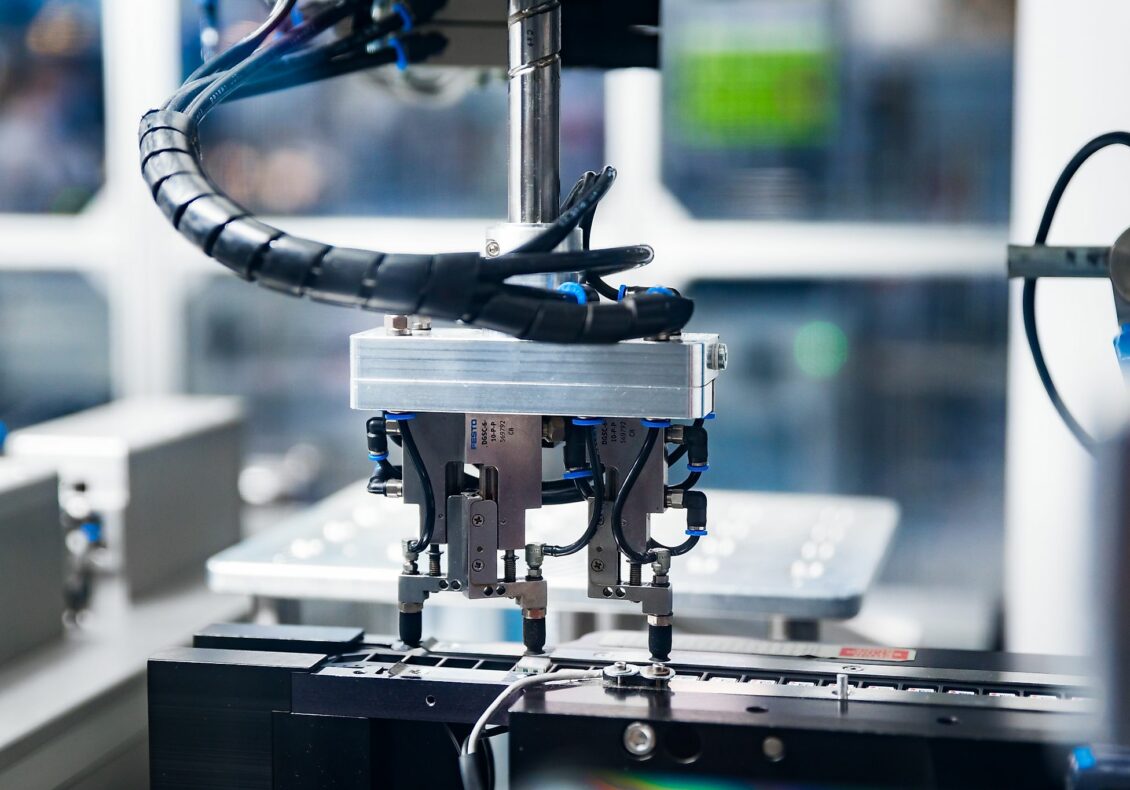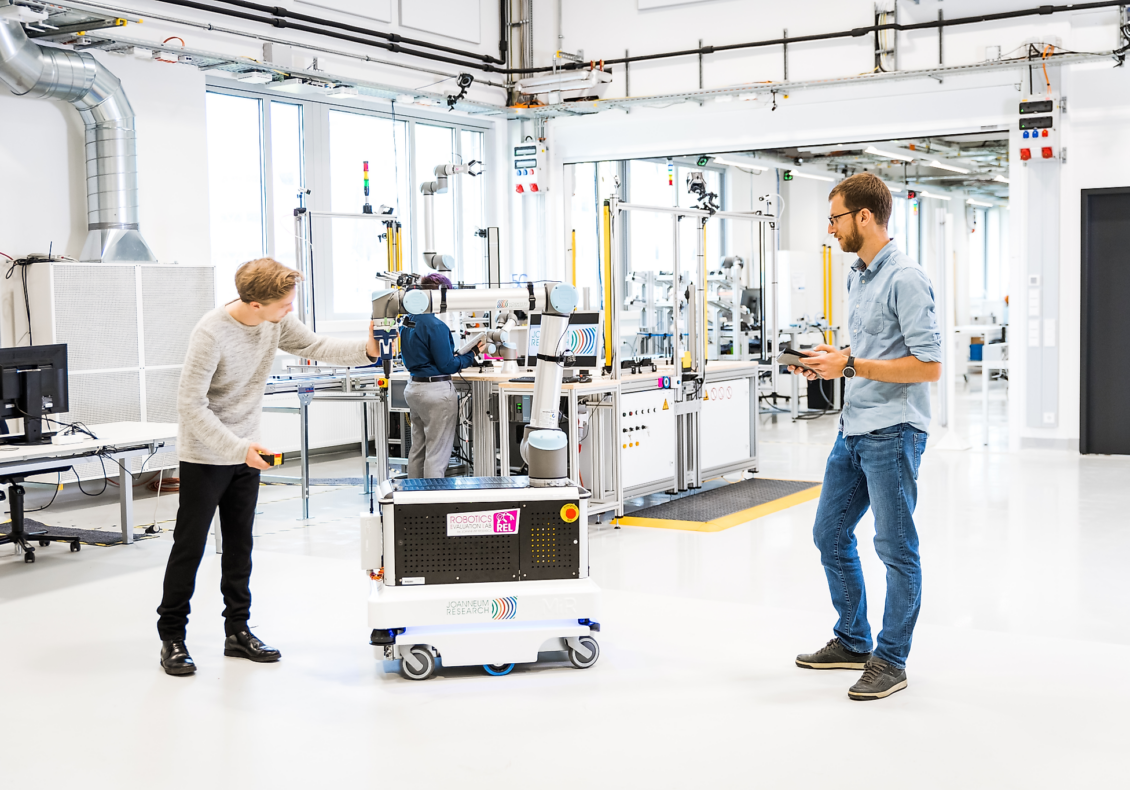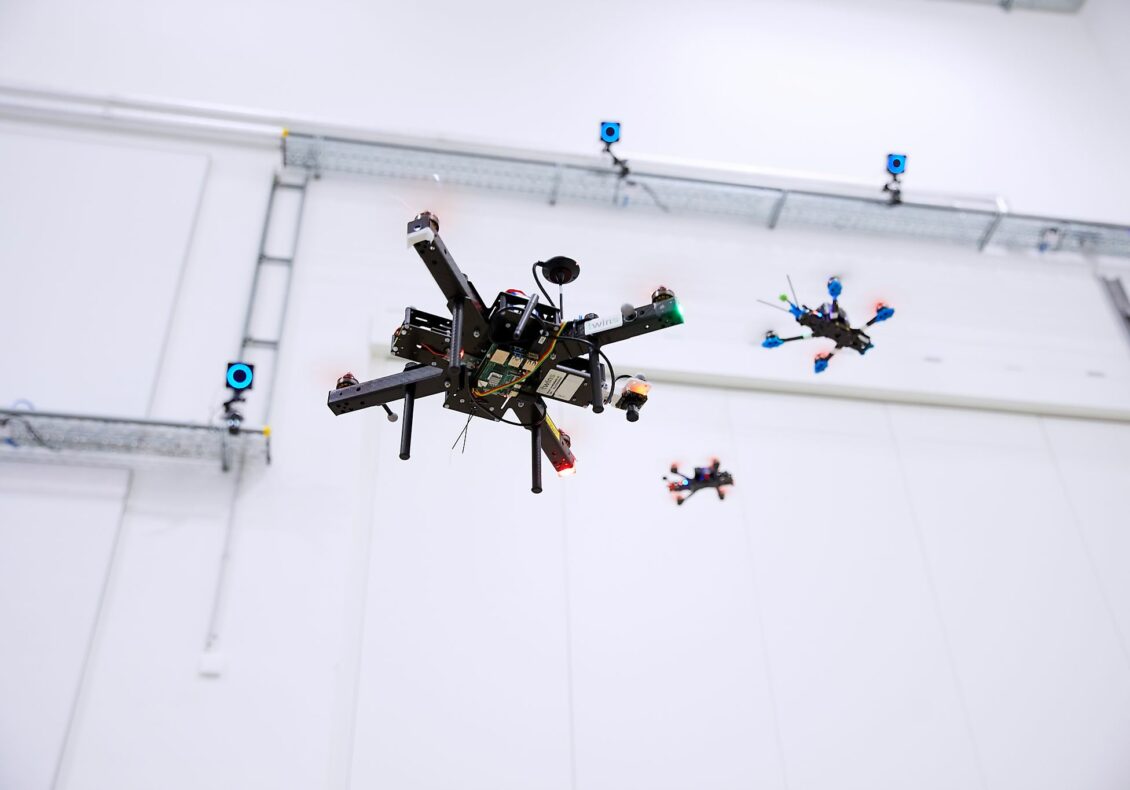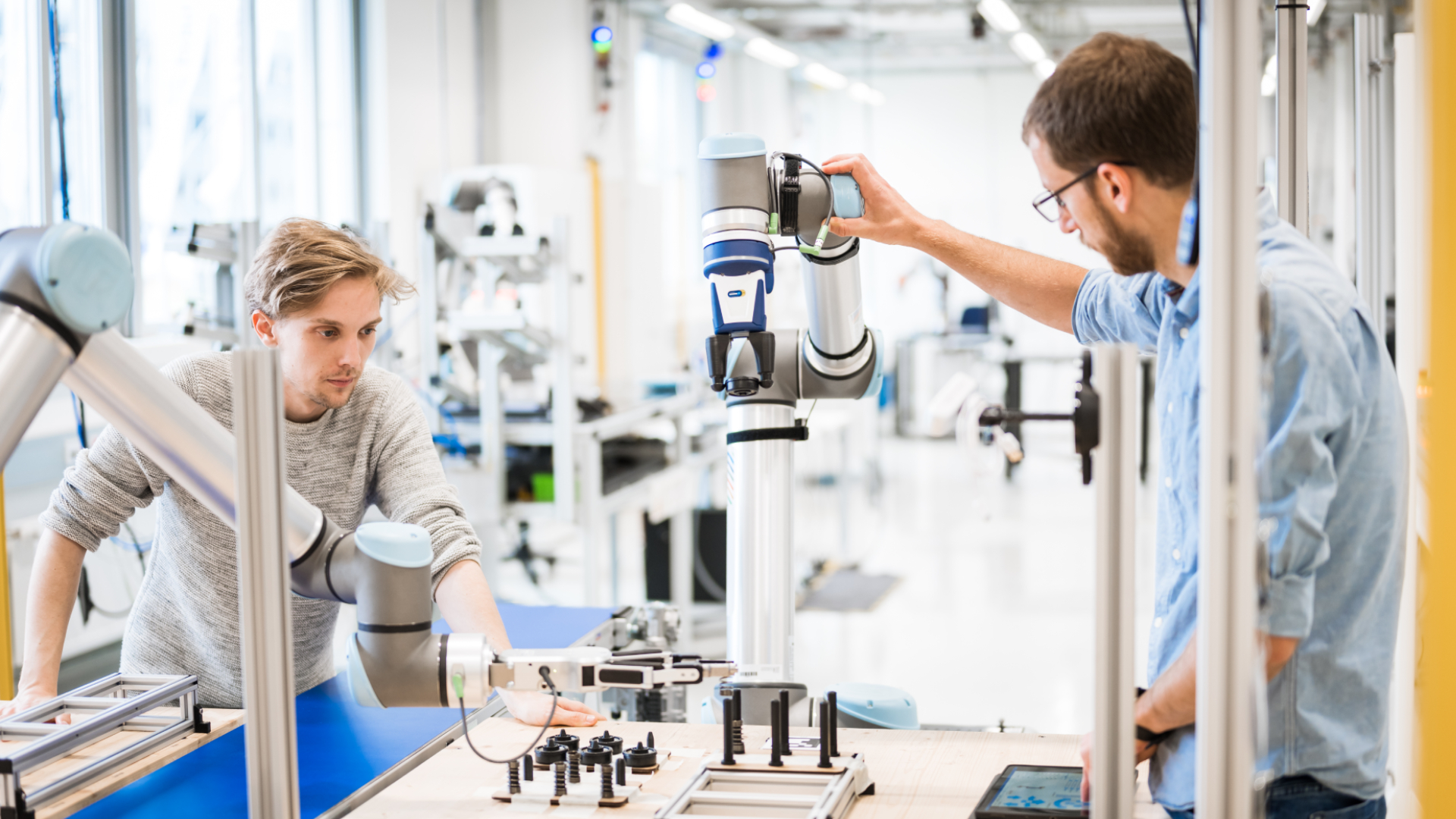Carinthia.com: Dr. Eggeling, from your perspective, what distinguishes Carinthia from other European research and technology locations?
Dr. Eva Eggeling: When Fraunhofer KI4LIFE was founded in 2019, we were welcomed with open arms right from the start – with the tangible conviction that an international research institute would benefit the entire region. This is not the usual welcome at all. Instead of fearing competition, we have experienced a strong culture of cooperation in Carinthia.
The proximity between the relevant players is particularly noteworthy: companies, the Economic Chamber, the provincial government and research institutes are well networked and work closely together. These short distances between companies, politics and research make things much easier in Carinthia. Companies can quickly find contacts and funding opportunities here. Innovations are not created in isolation – Carinthia offers an ecosystem in which ideas can mature and be implemented in a targeted manner.
What specific strengths do you see in the research landscape and cooperation with companies here in Carinthia?
Dr. Eva Eggeling: Carinthia is strong in IT – I’m looking out of my window at Lakeside Science & Technology Park – but from my point of view, the research landscape is much broader. There is a close link between applied research and companies that focus specifically on innovation. The practical relevance is particularly striking. While some research locations have an academic-theoretical focus, the focus here is often directly on the implementation of commercially viable technologies.
Another advantage is the international connection. The geographical proximity to Slovenia and Italy brings with it a certain internationality, which plays a role in both research cooperation and access to markets. For companies, this means that those who settle here are not only locally networked, but also have a bridge to the entire Alpine-Adriatic region.
Research into artificial intelligence is a global race. How does Carinthia manage to position itself in this highly dynamic environment and set itself apart from other innovation locations?
Dr. Eva Eggeling: The decision to bring a Fraunhofer AI centre to Carinthia was a smart and forward-looking move. Even before the ChatGPT hype, it was recognised that artificial intelligence is a key technology of the future – and that it is important to position oneself in this area at an early stage. So you can definitely say that we and the region had good instinct, and the right players worked together at the right time with a similar vision and the necessary courage and pioneering spirit.
The approach is clear: Carinthia is not competing with tech giants such as Google, but is focusing on specialised AI applications that bring direct benefits for companies. KI4LIFE focuses on application areas such as language models, computer vision and data-driven innovations. The close links with business mean that no abstract concepts are researched here, but rather concrete solutions that companies can implement immediately.
In addition to the technological infrastructure, which factors such as education, specialists or quality of life do you think are particularly important for companies that want to set up here?
Dr. Eva Eggeling: Technological infrastructure is crucial – but that alone is not enough today. Let’s assume that two locations are identical in terms of employee friendliness, education, politics, etc., but only one of them has mountains and lakes on its doorstep. Which location would you choose? For many specialists, this work-life balance issue is more important today than ever before. And Carinthia has a clear advantage here with its lakes, mountains and leisure activities, namely a high quality of life with direct access to nature.
What are the advantages for companies that decide to collaborate with AI research centres such as KI4LIFE?
Dr. Eva Eggeling: Direct access to research expertise means that companies do not have to go through long development cycles, but can quickly obtain practical solutions. When you work with us, you get something new, something innovative, something customised, which gives you a competitive advantage. You could also say that we want to do it faster, better or simply differently than the rest. However, I would like to emphasise that, as an applied research institution, we are not in direct competition with the software developers around the corner. We are much more interested in advancing knowledge, bringing new approaches and solutions to companies and working together to develop ideas into real products. This is particularly important to us at Fraunhofer.
Can you give examples of how companies in the region benefit from this approach?
Dr. Eva Eggeling: A good example is our cooperation with the Klagenfurt roofing company FP-Dach. For them, we have developed an AI that can predict moisture in roofs over months – an innovation that enables preventive maintenance measures.
We also offer practical solutions for SMEs. We developed an AI-supported chatbot for Leeb Balkone that automatically answers customer inquiries and thus relieves the sales team. Another example is our cooperation with Great Big Value, where we use AI to analyse telephone surveys in order to gain qualitative insights.
In addition to large companies such as Infineon, we work specifically with regional SMEs. Thanks to our ‘digitalisation cheque’, a 100% subsidy from the Economic Chamber, small companies can work with our researchers on digitalisation or AI projects for ten days free of charge. This is a unique offer that promotes innovation in Carinthia specifically.
AI and digitalisation have enormous potential. What challenges and opportunities do you see for the economy in Carinthia in the next five to ten years?
Dr. Eva Eggeling: For me, AI is the new literacy, so there is no way around it. Companies need to develop a basic understanding, because we are increasingly encountering AI in our everyday lives: from navigation and facial recognition to automated business processes.
The challenge lies in striking a balance between openness to innovation and a conscious approach to risk. Carinthia must provide targeted support to both pioneers and followers in digitalisation in order to remain successful as a business location in the long term. Digitalisation is here to stay – and is an opportunity, not a threat.
